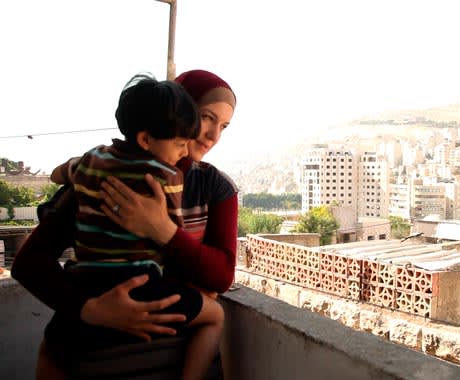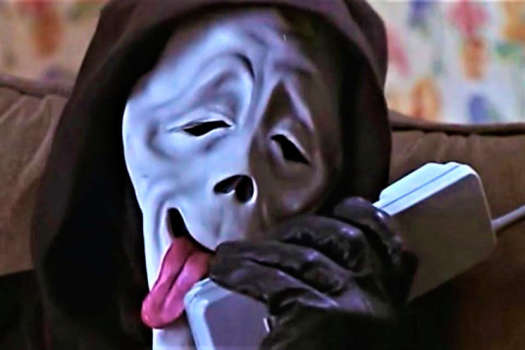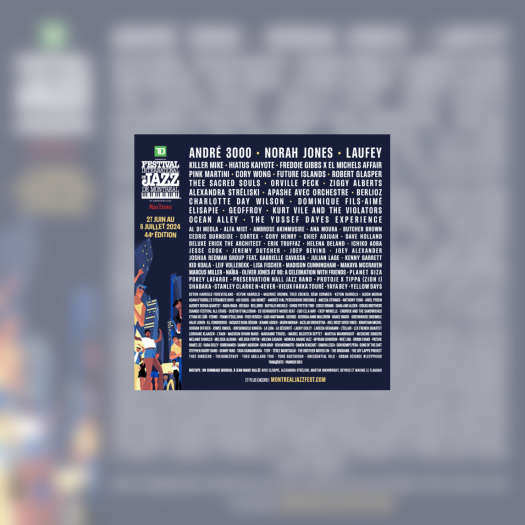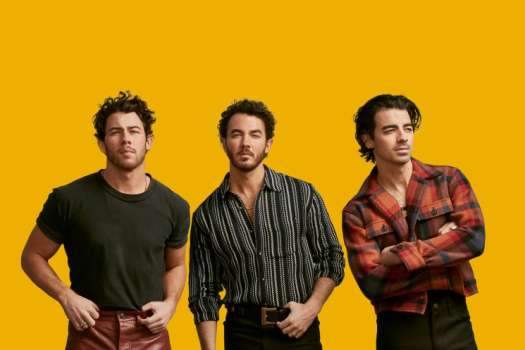In structure and execution, Tamara Erde's freshman documentary feature This is My Land is very much like a social sciences thesis, starting out with a mission statement or question that it then tackles with examples and arguments in order to reach a very obvious, almost redundant, conclusion.
Erde, though well intentioned with her goal to deconstruct the institutions that fuel the conflict between Israelis and Arabs, struggles to justify the length of a work that might have worked better as a documentary short. She frames the work using herself as a visual guide, appearing on-screen while recording phone calls she makes to various teachers throughout Israel and the Occupied West Bank to gain approval to videotape history lessons.
From here, she jumps into the topic headfirst, showing children from both sides of the spectrum ostensibly regurgitating the same dominant cultural ethos, noting that fear of death and displacement motivate their aggressive attitudes towards each other.
While presenting the core anxieties of both sides — and mirroring them — does give This is My Land some ire, it also leaves the rather facile documentary without anywhere substantial to go and diminishes the potential for it to build to a climax. For the remaining runtime, we're thrown into several different schools to watch different teachers discuss the same topic with students, skewing the topic to reflect their own ideological makeup. Though both sides can agree on the decade when things became problematic — it being rooted in fact — and seem to recognize that the Holocaust was a key signifier, both cultures are mired in cycles of defensiveness and blame.
The idea that history is shaped by its author isn't anything new. Theorists have endlessly dissected what it means to have a collective history written almost entirely by wartime successors and affluent white men for those that are marginalized. Unfortunately, here, even that dialogue is mostly muted in favour of a repetitive trajectory of sensationalized hate-speak.
Erde, whose need to show everyone the minor insight she gleaned from her project, isn't interested in dissecting how these voices come to be or what they might mean when juxtaposed with other cultural minutiae; she's focused chiefly on shocking the senses. Save the occasional tidbit about Palestinian history being removed from Israeli text books — and vice versa — and a very staged, very awkward lesson where teachers from each side of the debate try to outline the origins of the conflict, we're treated only to an endless barrage of similar, superfluous information and filler. And as shocking as it is to watch a nine-year-old talk about how they want to slaughter an entire religion, it gets old pretty fast.
(Iliade & Films)Erde, though well intentioned with her goal to deconstruct the institutions that fuel the conflict between Israelis and Arabs, struggles to justify the length of a work that might have worked better as a documentary short. She frames the work using herself as a visual guide, appearing on-screen while recording phone calls she makes to various teachers throughout Israel and the Occupied West Bank to gain approval to videotape history lessons.
From here, she jumps into the topic headfirst, showing children from both sides of the spectrum ostensibly regurgitating the same dominant cultural ethos, noting that fear of death and displacement motivate their aggressive attitudes towards each other.
While presenting the core anxieties of both sides — and mirroring them — does give This is My Land some ire, it also leaves the rather facile documentary without anywhere substantial to go and diminishes the potential for it to build to a climax. For the remaining runtime, we're thrown into several different schools to watch different teachers discuss the same topic with students, skewing the topic to reflect their own ideological makeup. Though both sides can agree on the decade when things became problematic — it being rooted in fact — and seem to recognize that the Holocaust was a key signifier, both cultures are mired in cycles of defensiveness and blame.
The idea that history is shaped by its author isn't anything new. Theorists have endlessly dissected what it means to have a collective history written almost entirely by wartime successors and affluent white men for those that are marginalized. Unfortunately, here, even that dialogue is mostly muted in favour of a repetitive trajectory of sensationalized hate-speak.
Erde, whose need to show everyone the minor insight she gleaned from her project, isn't interested in dissecting how these voices come to be or what they might mean when juxtaposed with other cultural minutiae; she's focused chiefly on shocking the senses. Save the occasional tidbit about Palestinian history being removed from Israeli text books — and vice versa — and a very staged, very awkward lesson where teachers from each side of the debate try to outline the origins of the conflict, we're treated only to an endless barrage of similar, superfluous information and filler. And as shocking as it is to watch a nine-year-old talk about how they want to slaughter an entire religion, it gets old pretty fast.




